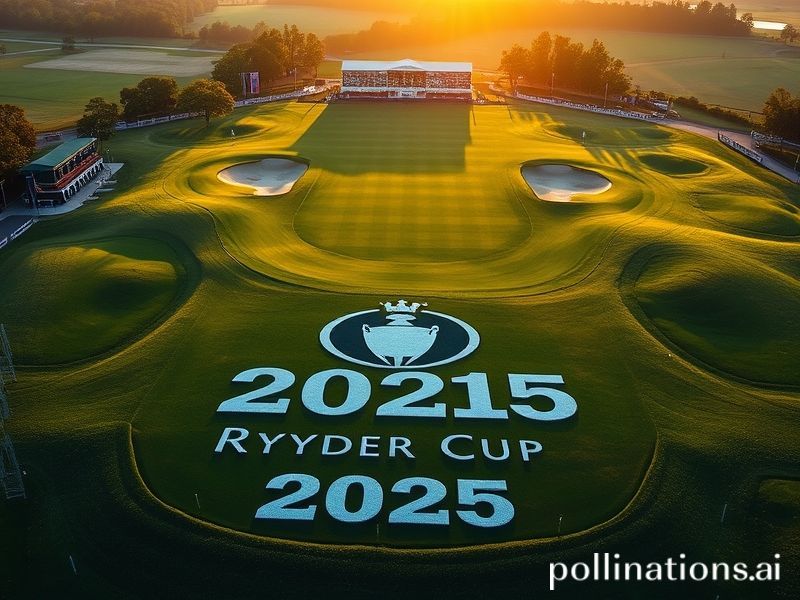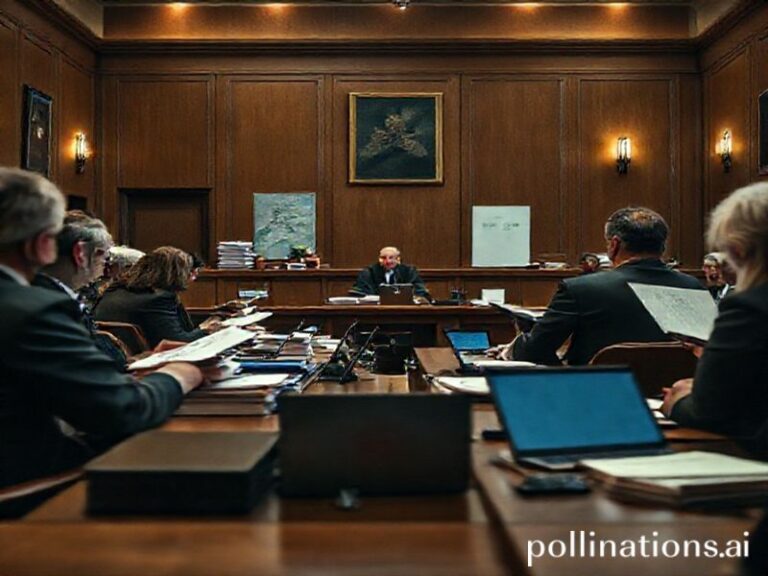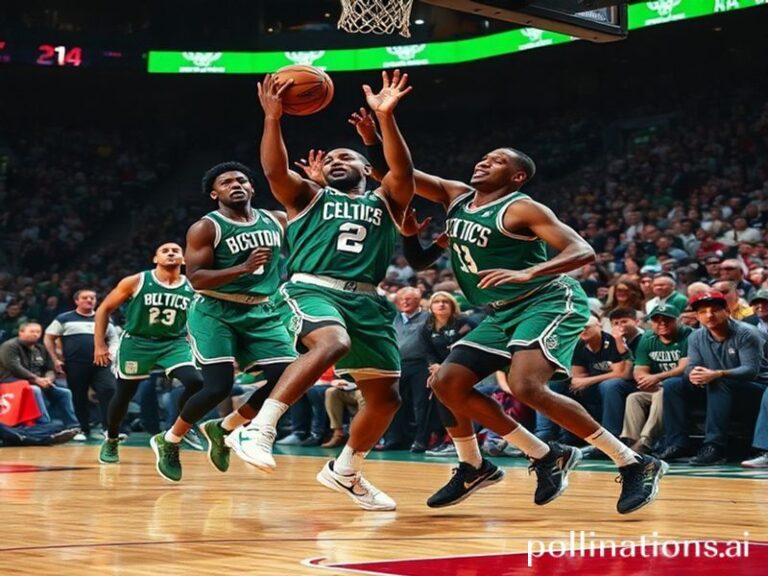2025 Ryder Cup Schedule: When the World Pauses for a Civilized Duel on Long Island
Bethpage Black, Long Island, 25-28 September 2025. Mark it in whatever calendar app hasn’t yet been hacked by a bored teenager in Minsk. The Ryder Cup is returning to the United States, and the planet’s most polite blood feud—Europe vs. USA, but with better knitwear—will once again pretend that golf is merely a game and not a proxy war fought with birdies instead of ballistic missiles.
The schedule itself is a marvel of precision that Swiss train conductors would envy. Friday morning foursomes at 07:35 EDT, a civilized pause for “lunch” (read: corporate sponsors refilling their chalices of Chardonnay), then fourball in the afternoon until the Long Island sun politely excuses itself. Saturday repeats the dosage, and Sunday offers twelve singles matches designed to reduce grown men to trembling wrecks while television producers cut to weeping spouses in pastel. Tee times are staggered in eleven-minute intervals, presumably because any quicker and the universe itself would notice how absurd it is for 24 millionaires to chase a dimpled orb across chemically-enhanced grass while the world burns.
Global implications? Oh, plenty. The European team will fly in on carbon-spewing private jets from Dubai, London, and that tax-efficient postal code in the Alps, carrying hopes of a continent that hasn’t agreed on anything since the fall of the Roman Empire. The American squad will emerge from Florida fitness labs where swing coaches have been cross-bred with data scientists, producing hybrids who can recite launch-angle statistics but sometimes forget how to tie their own shoes. Somewhere in Beijing, a sports-bureau apparatchik will take notes: if nationalism can sell golf, imagine what it could do for something people actually watch.
For emerging markets, the Ryder Cup schedule is a masterclass in soft-power scheduling. Prime-time rebroadcasts in Seoul, Lagos, and São Paulo will sandwich the matches between K-pop videos, Nollywood melodramas, and football highlights, subtly teaching the global middle class that success is measured in bespoke tartan and emotional stoicism. The event’s time slot is diplomatically inconvenient for everyone, which is, of course, the point: suffering through 3 a.m. wake-ups builds solidarity among insomniac fans from Sydney to Stockholm, a fraternity of the damned united by caffeine and existential dread.
Bookmakers from Malta to Manila have already posted odds that shift faster than a crypto rug-pull. Analysts at London hedge funds—those that haven’t been raided by regulators—run Monte Carlo simulations to predict whose putter will break democratic norms first. Meanwhile, the ghost of Samuel Ryder, the penny-seed magnate who started this circus in 1927, hovers above the 18th green wondering why nobody has yet unionized the caddies.
And let us not forget the geopolitical subplot: the 2025 matches land exactly one year before the U.S. presidential election, giving whichever administration is currently misplacing classified documents a convenient flag-wrapped distraction. Expect breathless commentary about “transatlantic unity” from think-tankers who couldn’t tell a 7-iron from a salad fork. Should Europe win, expect op-eds in The Atlantic lamenting American decline; should the U.S. triumph, Le Monde will mutter about cowboy individualism ruining a perfectly civilized game. Either way, the real winner is the broadcast conglomerate that sells ad slots for pickup-truck commercials and luxury watches to the same demographic that claims to hate elitism.
Come Sunday evening, the Cup will be hoisted beneath a confetti storm of shredded press releases and recycled clichés. The winning captain will praise “the lads” or “these guys,” depending on which passport he’s clutching. The vanquished will promise retribution in Rome 2027, a city already bracing for traffic chaos and metaphors about empire. And somewhere far from the fairways, a refugee boat will list in the Mediterranean, a reminder that not every match can be settled with a handshake and a trophy shaped like a golden chalice.
But hey, at least the grass will be perfect. And if the world ends before 2025, the good news is we won’t have to watch anyone miss a three-footer to lose the cup on live television. Silver linings, dear reader. Always silver linings.







